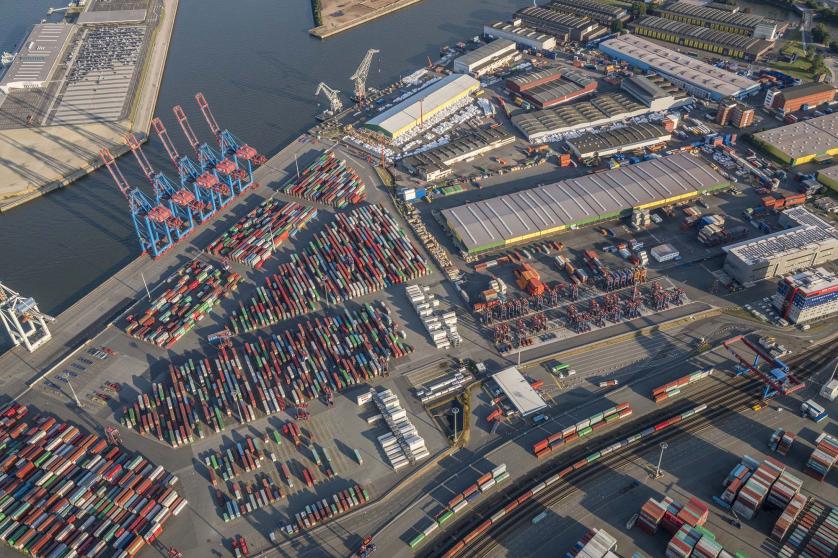Europe must protect itself against the security risks posed by Chinese investment in European infrastructure. This is what the EPP Group is calling for ahead of today’s vote in the European Parliament on two documents detailing China’s influence on critical infrastructure in the EU and the comprehensive European port strategy.
The EU and its Institutions should carry out a systematic screening of Chinese companies benefiting directly or indirectly from European programmes and, where necessary, end their participation. This is the main conclusion of the report on the defence and security implications of Chinese investment in Europe’s strategic infrastructure.
“It’s time to stop being naive. Beijing’s actions are driven by the Communist Party’s ultimate goal of becoming the world’s leading power and changing the international order. The large investments in Europe’s key infrastructure enable China to observe, control and influence our activities in key areas. Protecting our critical infrastructure including, ports, energy grids and digital networks is crucial to strengthening the EU’s resilience to growing threats from China. The key to achieving this is the proper implementation of existing legislation and commitments. The consequences of a totalitarian regime controlling our key infrastructure would be dire,” insists Miriam Lexmann MEP, who spearheaded the report on behalf of the EPP Group.
“Our ports are the gates to Europe, so let’s stop handing the keys over to China. It’s great to see that the Parliament supports this. Now it is the Commission’s turn,” underlines Tom Berendsen MEP, who drafted the Parliament’s proposal for a European port strategy. The document voices concerns about foreign influence over Europe’s infrastructure, drawing parallels with the continent’s past energy dependence on Russia and urging the EU to proactively manage external investments to protect it’s vital transportation.
Chinese state-owned companies have stakes in European ports responsible for the handling of more than 10 per cent of Europe’s total shipping container capacity, while the three largest Chinese shareholders have assets in almost half of the ports that are either located close to naval bases or provide logistical support to NATO forces.

